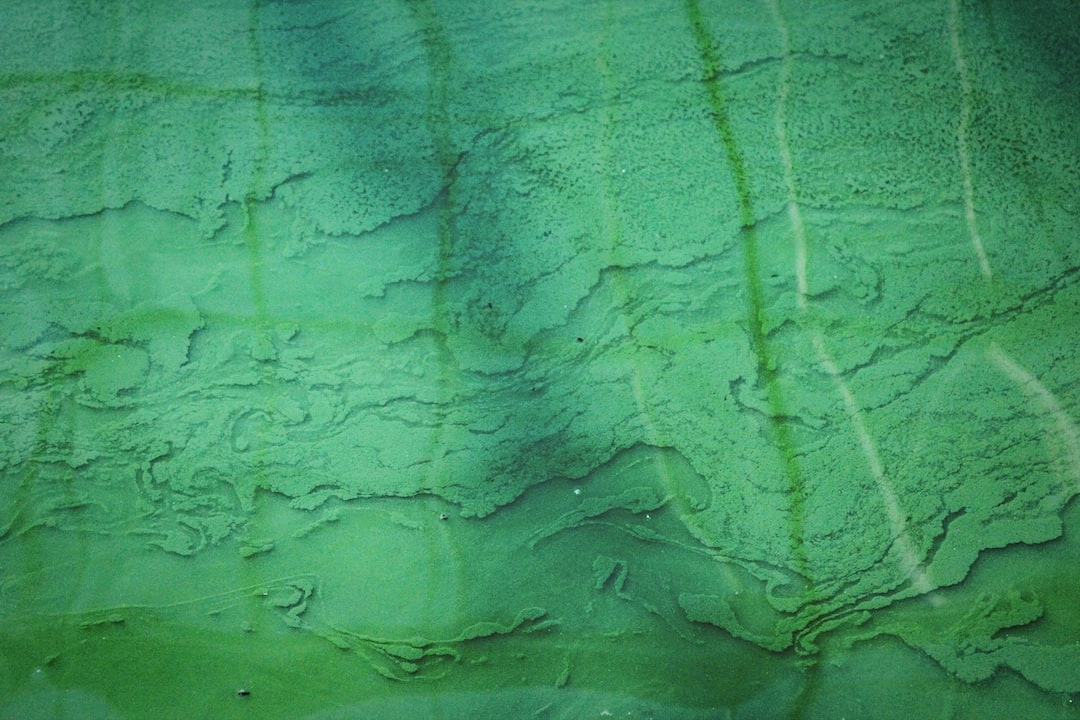
What is Green Practices in Artisanal Soap Production?
Green Practices in Artisanal Soap Production refers to the implementation of environmentally-friendly processes and practices in the production of handmade soaps. Artisanal soap production combines traditional soap-making methods with sustainable approaches to minimize negative impacts on the environment.
Real-World Problems Associated with Artisanal Soap Production
While artisanal soap production is generally considered a more eco-friendly alternative to commercial soap manufacturing, there are still some real-world problems that need to be addressed:
1. Waste and Pollution:
Artisanal soap production can generate waste and pollution, particularly from the disposal of excess materials, packaging materials, and wastewater. Ingredients such as oils, lye, fragrances, and colorants may have environmental implications if not properly managed.
2. Deforestation and Biodiversity Loss:
The sourcing of ingredients for artisanal soap production, such as palm oil, can contribute to deforestation and habitat destruction. Unsustainable sourcing practices can result in the loss of biodiversity and harm to ecosystems.
3. Energy Consumption and Carbon Footprint:
The energy-intensive nature of soap production, including heating, mixing, and curing processes, can result in significant energy consumption and carbon emissions. Green practices aim to minimize energy usage and promote energy-efficient alternatives.
4. Water Usage and Conservation:
Soap production requires water for various stages, such as mixing, diluting, and cleaning. Ensuring responsible water usage and implementing water conservation measures can help reduce the environmental impact of artisanal soap production.
5. Packaging and Waste Management:
The packaging materials used in artisanal soap production, such as plastic wrappers or containers, contribute to the waste stream. Implementing sustainable packaging solutions, such as biodegradable or recyclable materials, can help minimize environmental impact.
6. Chemical Usage and Water Pollution:
The use of certain chemicals, such as synthetic fragrances or colorants, can have negative effects on water quality if they end up in water bodies. Opting for natural and biodegradable ingredients mitigates potential water pollution risks.

Solutions for Green Practices in Artisanal Soap Production
Addressing the problems associated with artisanal soap production requires implementing sustainable solutions that prioritize environmental stewardship. Here are some possible solutions:
1. Waste and Pollution Management:
Proper waste and pollution management strategies should be implemented, such as reducing excess materials, implementing recycling programs for packaging, and treating wastewater to minimize environmental contamination.
2. Sustainable Ingredient Sourcing:
Artisanal soap producers can prioritize the sourcing of sustainable ingredients, opting for certified organic, fair-trade, and responsibly sourced options. This helps minimize deforestation, habitat destruction, and ensures the protection of biodiversity.
3. Energy Efficiency and Renewable Energy:
Implementing energy-efficient practices in soap production, such as optimizing equipment and processes, can help reduce energy consumption. Additionally, transitioning to renewable energy sources, such as solar or wind power, can significantly lower carbon emissions.
4. Water Conservation and Recycling:
Implementing water conservation measures, such as using recycled or rainwater for non-critical stages of production, can significantly reduce water usage. Recycling and treating water can also minimize the environmental impact of soap production.
5. Sustainable Packaging Solutions:
Choosing sustainable packaging options, such as biodegradable or recyclable materials, can reduce the environmental footprint of artisanal soap production. Encouraging customers to opt for package-free or refillable soap options can further minimize waste.
6. Use of Natural and Biodegradable Ingredients:
Substituting synthetic fragrances, colorants, and other chemicals with natural and biodegradable alternatives can help prevent water pollution and reduce the environmental impact of artisanal soap production while maintaining product quality.















